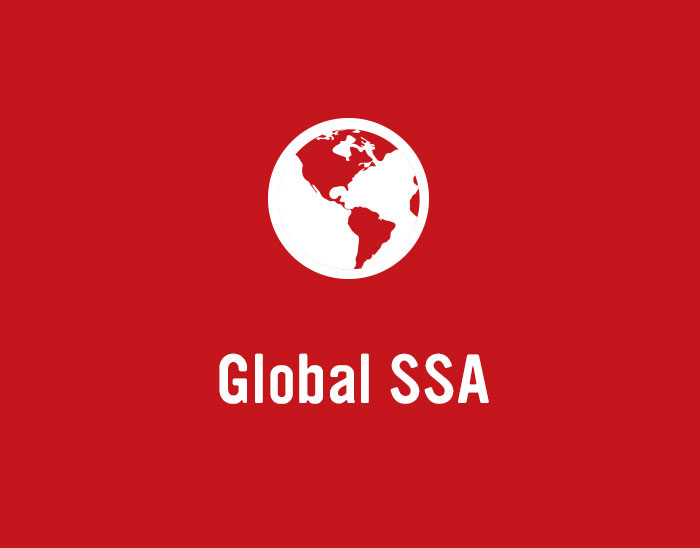
News

The impending likely demise of global interbank offered rates has sparked many questions for the Australian market. Its local credit reference rate appears to be relatively robust – though its status is not unimpeachable – while the importance of cross-border issuance to Australian borrowers requires engagement with international IBOR developments. KangaNews and Commonwealth Bank of Australia brought together key market participants in late January to discuss the way forward.

Local market participants are thinking through the likely consequences of increased capital ratios for banks proposed by the Reserve Bank of New Zealand (RBNZ) at the end of 2018. In an exclusive interview with KangaNews, Geoff Bascand, the RBNZ’s Wellington-based deputy governor and general manager, financial stability, says any wider market consequences are a necessary step in ensuring the long-term stability of New Zealand’s financial system.

Global supranational, sovereign and agency issuers continue to strike new ground in the Australian dollar sustainability-bond sector. A trio of deals printed in January highlight the sector’s leadership position, offering Australia its largest-ever SSA green bond, further supply to the nascent social-bond space and a rare renewable-energy bond.

Proposed new capital requirements for New Zealand’s banking sector are causing consternation in the local debt market as participants grapple with a raft of potential implications. The consequences for the fixed-income sector – intended and unintended – are potentially game-changing and are relevant to sectors as diverse as the high-grade Kauri market and corporate debt.

Virgin Australia (Virgin)’s second Australian dollar bond deal built on the success of its initial transaction and capitalised on an increasingly positive market backdrop to broaden the issuer’s capital-markets footprint, deal sources say. The new transaction allows the issuer to refinance US dollar liabilities in its home currency.

It is extraordinarily hard to unpick the issues around governance, ethics and social licence to operate in the financial sector. Banks – especially the majors – clearly have a lot of work to do to re-establish public trust in the wake of the Royal Commission into Misconduct in the Banking, Superannuation and Financial Services Industry. Data from the US’s increasingly partisan political environment makes me wonder if there is even an audience for bank rehabilitation.

KfW Bankengruppe (KfW) (AAA/Aaa/AAA) mandated a tap of its March 2024 Kangaroo bond on 27 February, with pricing expected the following day. The J.P. Morgan-led increase has an indicative margin of 40 basis points over semi-quarterly swap or 50.5 basis points over the April 2024 Australian Commonwealth government bond.

On 27 February, Asian Development Bank (ADB) (AAA/Aaa/AAA) launched a minimum A$100 million (US$71.8 million) increase to its June 2029 Kangaroo bond. The forthcoming deal has indicative price guidance of 42 basis points area over semi-quarterly swap, equivalent to 57 basis points area over Australian Commonwealth government bond. Pricing is expected on the day after launch, according to lead manager TD Securities.

On 27 February, Stockland Trust Management (Stockland) (A-/A3) revealed plans for a potential Australian dollar denominated capital markets transaction. The issuer has mandated ANZ, HSBC and Westpac Institutional Bank to arrange debt investor meetings, commencing 4 March.

